Whale Watching in Hermanus
Hermanus is regarded as the whale watching capital of South Africa. By Land - By Boat - By Air
Hermanus is regarded as the whale watching capital of South Africa. By Land - By Boat - By Air
The Old Harbour Open-Air Museum is a provincial heritage site. It is unique in that apparently it is one of only two fishing harbours in the world that has been conserved in tact.
meanders for almost 11 kilometres along the coast from the New Harbour in the west to the estuary at the mouth of the Klein River in the east.
Fireplaces through the ages
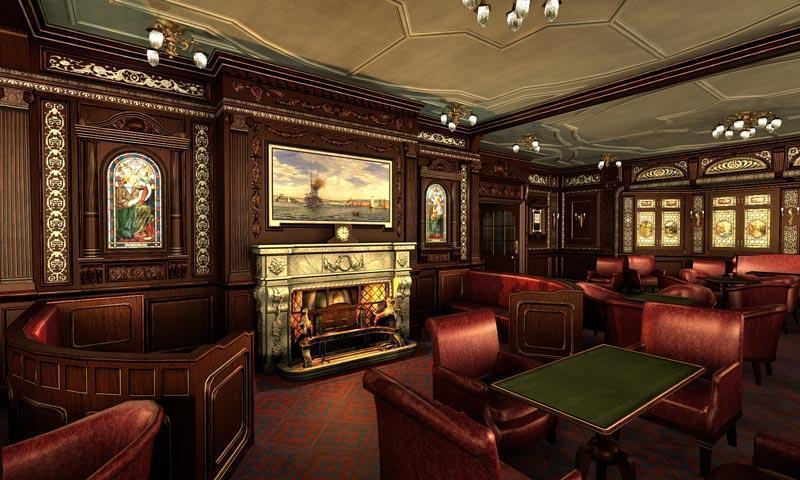
The fireplace is the traditional place to gather, relax and converse during the winter months. While the temperature drops and the nights lengthen outside, there’s nothing more inviting than the cosy glow of a fire crackling away, radiating heat and providing the perfect place to unwind after a long day at work Despite the millions of years and technological advances, why we use fireplaces have not changed one bit: To bring people together and keep them warm. The how though has changed a lot.
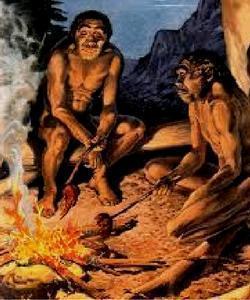 Cavemen
Cavemen
Archaeological expeditions around the globe have found evidence of rudimentary “fireplaces” in the form of fire pits dating back to prehistoric times.It has bee utilised for more than 1 million years, even though people think of them as more modern inventions. I like to think some prehistoric caveman was smart enough to find a reliable way to start and keep the fire going, then shared the secret with his friends.
From this clever caveman, we humans have flourished due to this brilliant technological find.. These fire pits dug were used for warmth on cold days and nights along with cooking. They were also the centre for the gathering of people. These “fireplaces” were in the middle of their living space to allow for the maximum number of people to gather around and experience the heat. The problem with a fire pit in a cave or any other enclosed structure is you need a way to let the smoke escape. Even though these fire pits had to be dug into the ground to avoid the problem of smoke failing to escape it did not solve this problem.
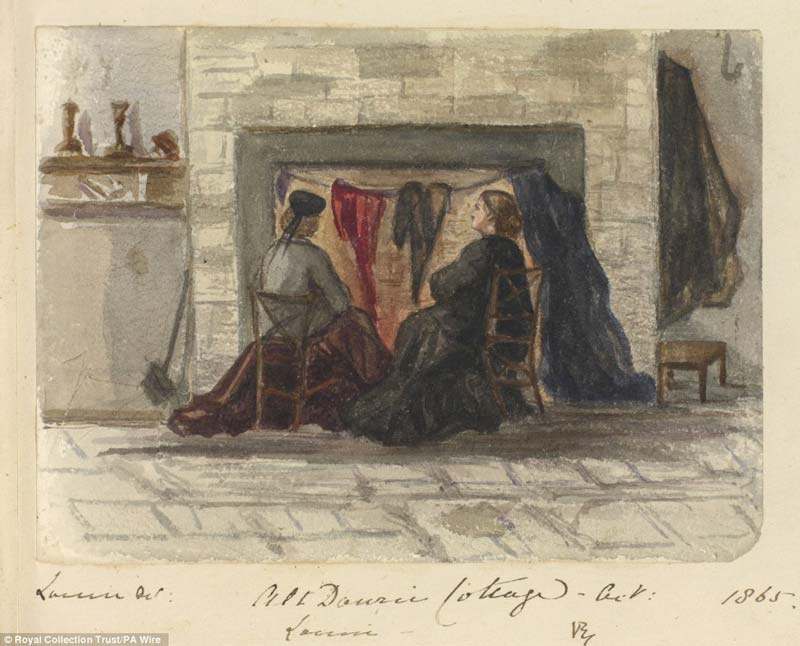 This lasted for about 100 years
This lasted for about 100 years
Around the 1100’s significant changes happened to there the fireplaces were located inside a house and rather than being the central focus point of a room, it moved to its walls. This also became the era when chimneys made their appearance. Fire hoods also gained popularity at approximately this time, first utilised for its functionally but then also for ornamental reasons.
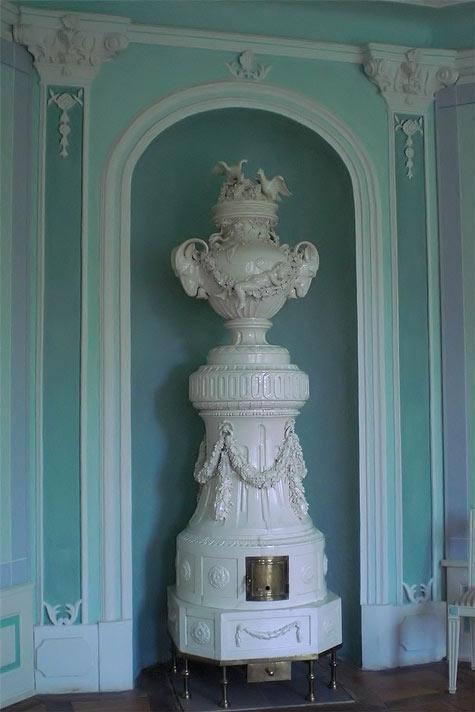 The Rise of Chimneys
The Rise of Chimneys
When buildings started having second stories people wanted fireplaces on the second floor also. These early fireplaces vented the smoke out of the building horizontally and since smoke wants to move vertically it was just as likely to come back into the room. Architects began examining fireplace design and architecture more seriously. They needed something to overcome the ever-present problem of smoke that simply would come back into the room the main hazard of an open fireplace. Now the real use of the chimney came into play.
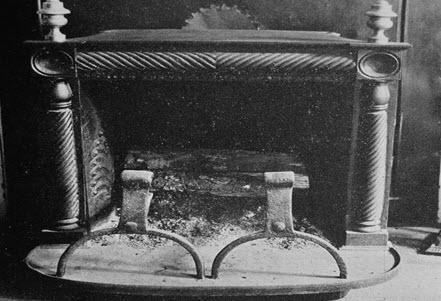 Fireplace designs taking shape
Fireplace designs taking shape
Then in the 1600s, Sir Christopher Wren, brilliant architect and the re-designer of St. Paul’s cathedral in London, decided he wanted some style to go with the function. He began designing beautiful fireplaces to compliment the appearance of a room
The 1700s
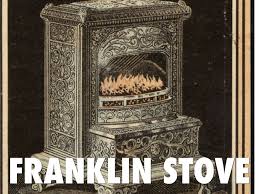 America, Benjamin Franklin invented the Franklin stove in the 1700s. Franklin created the stove out of cast iron which allowed the stove to radiate heat more efficiently. We still utilise stoves in many homes worldwide today in the form of electric fireplace stoves.
America, Benjamin Franklin invented the Franklin stove in the 1700s. Franklin created the stove out of cast iron which allowed the stove to radiate heat more efficiently. We still utilise stoves in many homes worldwide today in the form of electric fireplace stoves.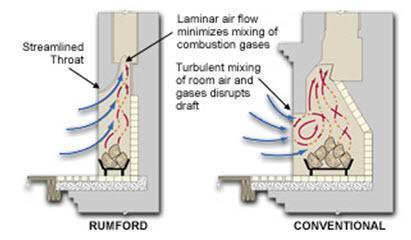
Then in 1796, Count Rumsford basically perfected the design and developed a fireplace with a shallow opening allowing more heat to reflect into the room and streamlined the chimney by incorporating it into the wall of the house which drew more smoke out of the home. This design was adapted and used all the way up through the 19th century.
Architectural Elegance
By the 1800s, the fireplace’s was as much part of a home as the stove. The basic elements of the fireplace, the surround and the insert, have not changed since. The surround is the portion of the fireplace that surrounds the insert, where the heat is produced.
The Victorian Era
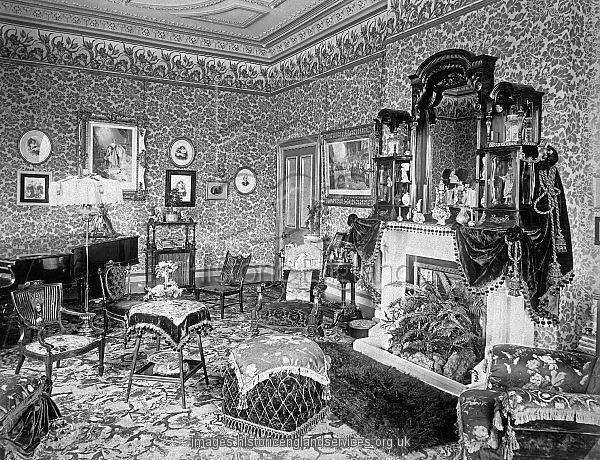
Following the reign of George IV, Queen Victoria ascended to the throne to begin the longest reign of any British monarch, that is until our own Queen Elizabeth II claimed that title in September 2016. During this era, fireplace styles underwent noticeable changes as architectural designs altered too. Rooms of this period were distinctly lower in height than their Georgian counterparts, and so fireplaces became lower in height to match. Casting designs were noticeably more ornate and often floral in their inspiration, and mantelpieces became more prominent to accommodate the Victorian love of ornaments and trinkets.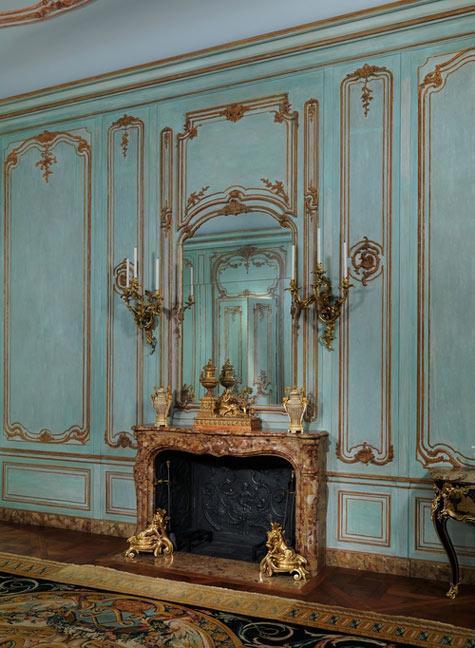
Being the snobs they were, Victorian people even regarded fireplaces as adding a contribution of class to their homes. For them, fireplaces were the main source of getting heat during the freezing cold weather. The fireplaces and stoves were generally found in every room of the Victorian homes
The Art Nouveau Period
From the 1880’s through until the outbreak of World War One in 1914, Art Nouveau brought with it a new and exciting design that took the world by storm. Exquisitely designed cast iron fireplaces began to appear that reflected flowing natural shapes (again, quite floral and organic in their inspiration) with sculpted surrounds and beautiful tile-work.
However, a few years later, following all the destruction wreaked by World War II, the real need for housing resulted in ensuing rebuilding efforts and functional prefabricated fireplaces were introduced into the market.
Central Heating Takes Centre Stage
In the middle of the 20th century, the fireplace’s role changed again as central heating became the main source of heat. Fireplaces began to be taller and slimmer in their design. The humble fireplace was demoted into more decorative accessories rather than a functional one. Fortunately, tradition always repeats itself and around this time, the traditional fireplace yet once again rose out of the ashes.
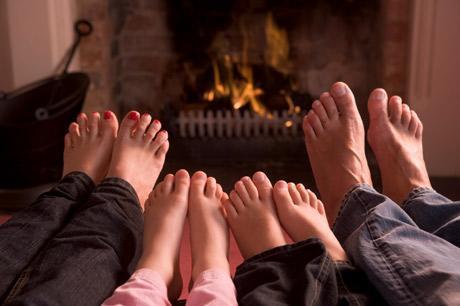 Families wanted a place of significance to gather and share their stories.
Families wanted a place of significance to gather and share their stories.
The fireplace has yet again become the focal point for social gatherings. And who doesn’t find a fire mesmerising and relaxing?
In our post-industrial modern society, their purpose has evolved from providing necessary heat and cooking to a symbol of warmth and love.
Sources: Various online
Call us and schedule your listing today! Contact Us
in and around Hermanus
With countless Southern Right Whales gathering along the Whale coast every year to mate and to calve
One for the Bucket list
Experience the exceptional and come face to face with a great white shark! Gansbaai also known as Shark Alley…
4 x Wine Routes
Hermanus is surrounded by 4 Wine routes, the Hermanus - (Hemel-and-Aarde); Stanford -, Elim - and Botriver Wine Route
![]()
in the Cape whale Coast
Hermanus is a spectacular seaside town with winding cliff paths, sloping green mountains, and deep blue waters.
Copyright © 2025 Hermanus Online Magazine. Web Development by Jaydee media.